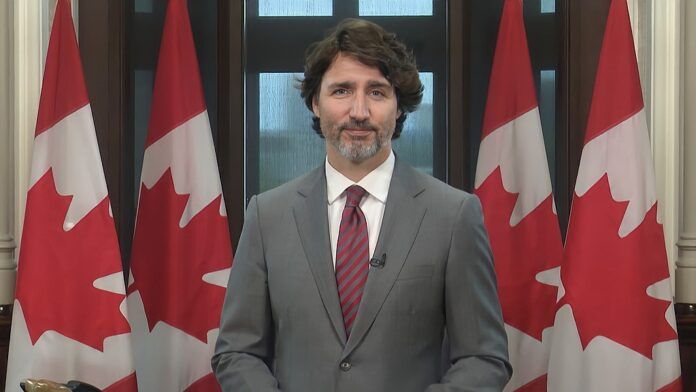As Prime Minister Justin Trudeau faces mounting pressure from his own party, questions arise about the timing of Canada’s conflict with India following the investigation into foreign interference in Canadian elections
Canadian Prime Minister Justin Trudeau finds himself in a precarious political position as he testifies before a panel investigating foreign interference in the 2019 and 2021 elections. With his leadership under scrutiny from within the Liberal Party, many observers are questioning whether Trudeau is using the recent controversy surrounding the killing of Khalistani terrorist Hardeep Singh Nijjar to deflect attention from China’s substantial role in election interference.
The backdrop to this scrutiny is the May 2024 preliminary report from Canada’s Foreign Interference Commission, which identified China as the principal perpetrator of interference in the aforementioned elections. While Russia, Iran, India, and Pakistan were also noted for their involvement, it was China that stood out as a major threat to Canadian democracy. Despite these findings, Trudeau’s government has controversially positioned India at the centre of its diplomatic troubles, naming Indian diplomats, including the High Commissioner, as “persons of interest” in the Nijjar investigation.
The timing of this diplomatic fallout raises eyebrows, especially given the ongoing pressures Trudeau faces at home. A growing chorus within his party is calling for his removal, which adds to the speculation that he might be attempting to shift focus onto external factors, such as India’s alleged involvement, to distract from domestic challenges. Trudeau’s government appears to be taking a hardline stance against India at a time when public discourse on foreign interference and national security is heightened, particularly as the final report on foreign interference is expected later this year.
Embed from Getty ImagesCritics argue that Trudeau’s administration is keen to divert attention from its failures to adequately address the growing concerns about Chinese influence in Canadian elections. Notably, the preliminary report concluded that, despite evidence of interference, it did not significantly alter the outcomes of the elections won by the Liberal Party. This fact adds complexity to the narrative that Trudeau seems to be weaving, as the allegations against India emerge amidst a broader context of concern about China’s malign influence.
As Trudeau grapples with the fallout from the Nijjar killing and the implications of foreign interference, the relationship between Canada and India has soured significantly. The situation raises pressing questions about the integrity of international relations and the potential motivations behind Trudeau’s actions. By shifting focus onto India, Trudeau may be attempting to bolster his position domestically, presenting himself as a leader confronting external threats to national security.
The forthcoming final report from the Foreign Interference Commission will be crucial in shaping public perception and possibly influencing the political landscape in Canada. Trudeau’s government must navigate these turbulent waters carefully, balancing international diplomacy with the pressing need to address the allegations that have surfaced regarding China.
The political ramifications of this situation are profound. If the final report corroborates the preliminary findings regarding Chinese interference, it could further complicate Trudeau’s political narrative, potentially weakening his standing within the Liberal Party. Conversely, if Trudeau successfully frames India as a scapegoat, it may provide temporary relief from the mounting pressure he faces.
As the political landscape evolves, all eyes will be on how Trudeau handles the aftermath of the commission’s findings and whether he can reclaim his footing amid increasing calls for accountability from his own party.
